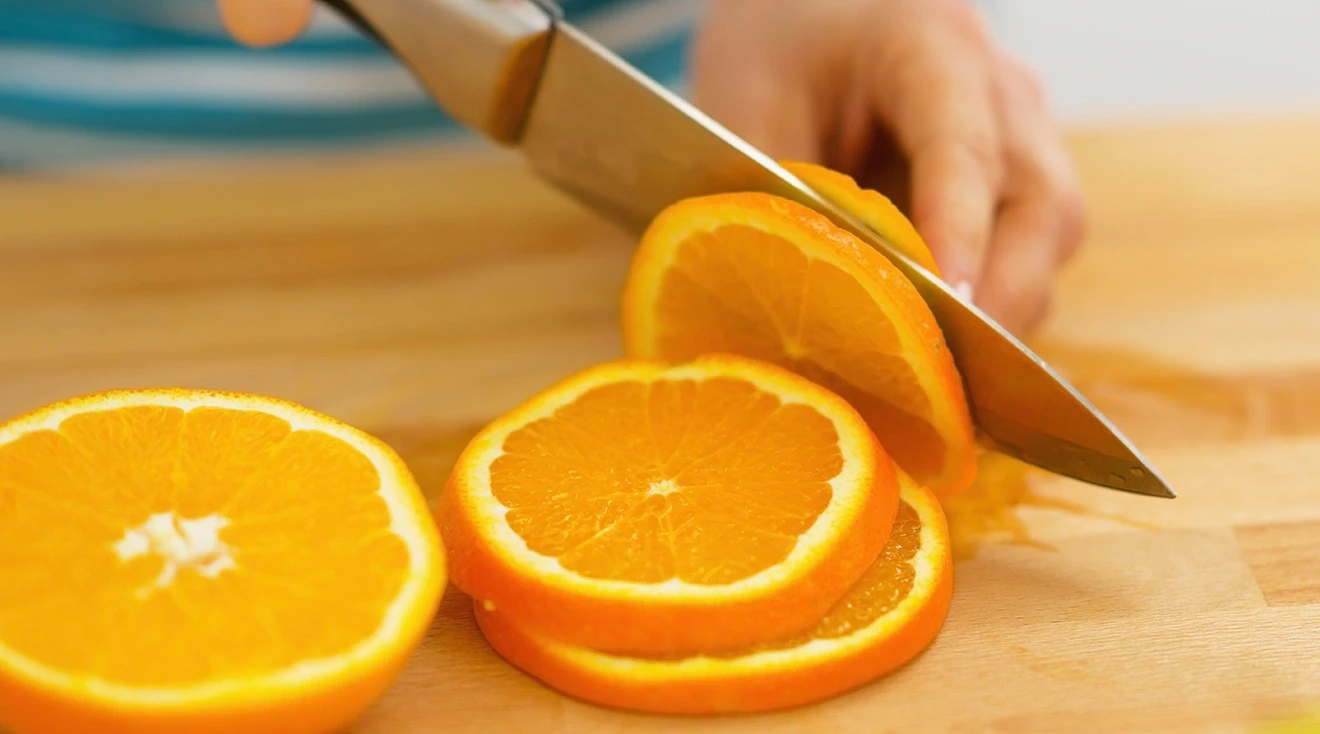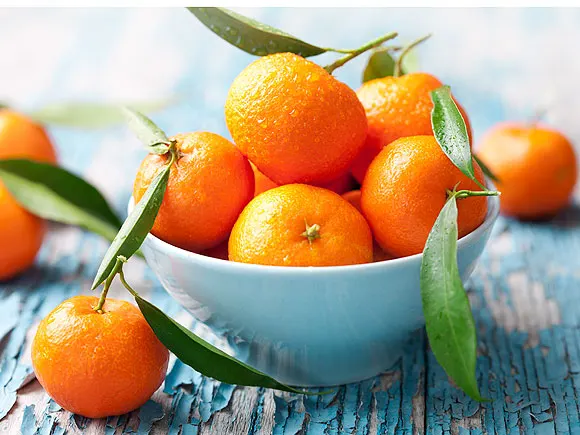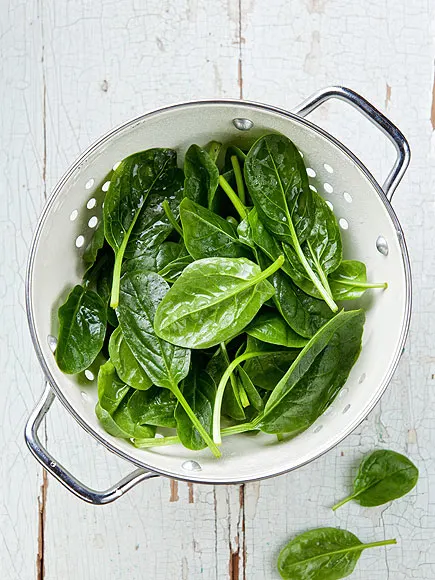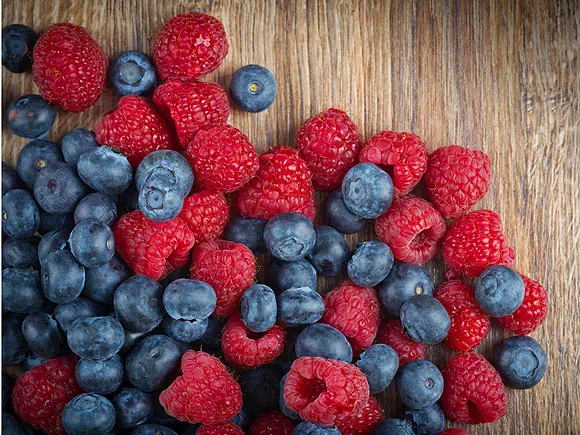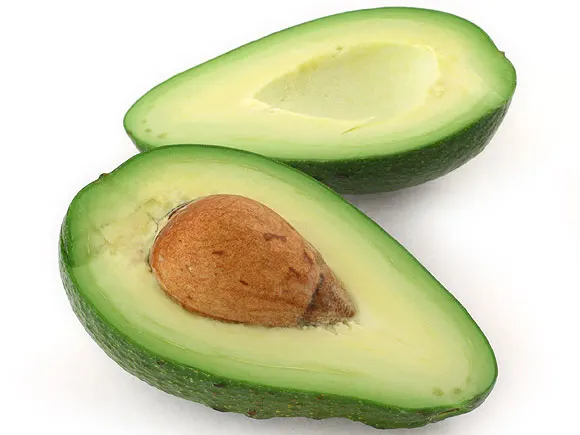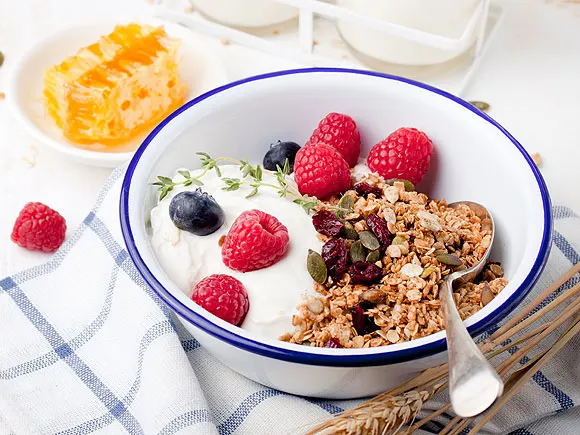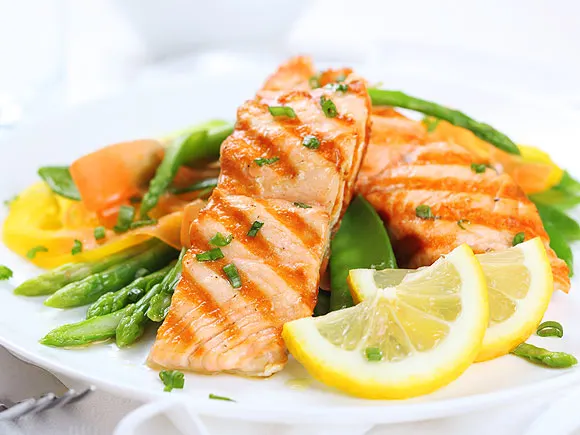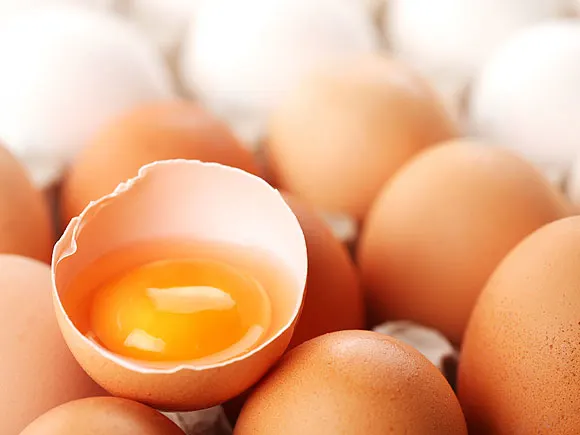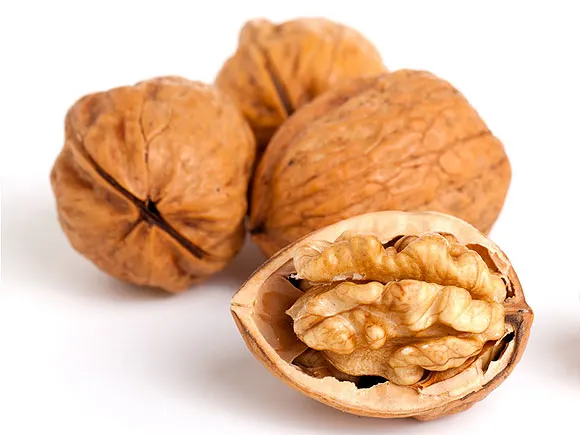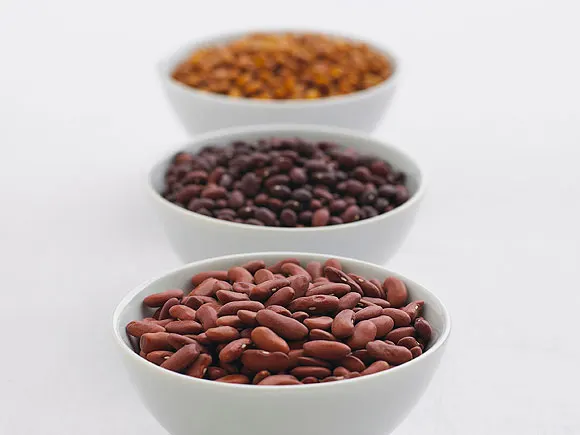Now Eat This! the 10 Best Foods for Boosting Fertility
Currently, there is no scientifically proven way to improve fertility through diet changes and studies on fertility diets have had mixed results. However, doctors generally advise maintaining a healthy diet while trying to conceive and some experts have found the following to possibly be helpful.
Citrus Fruits
Not only are oranges, grapefruits and other citrus fruits one of the best sources for vitamin C, they’re also packed with potassium, calcium and folate (a B vitamin). Although not proven, some experts think that folate may help you get pregnant by regulating ovulation and creating a healthy environment for eggs. You should aim for at least one serving of citrus fruit each day (try a medium-size grapefruit, a large orange, three clementines or one kiwi) in addition to another serving of fruits.
Leafy Greens
Eating dark green veggies like spinach, kale and Swiss chard is one of the best ways to take in essential prenatal nutrients like calcium, iron (especially important when you’re menstruating) and folate, which also protects against birth defects in the brain and spine that can develop in the first few weeks of pregnancy. Since it can take a few weeks to even know you’re pregnant, it’s important to load up on plenty of folate while you’re trying to conceive (TTC). Most women don’t get enough from their diet though, so the Centers for Disease Control and Prevention recommends taking a daily vitamin with folic acid (the synthetic version of folate) to reach the suggested 400 mcg dose.
Berries
Blueberries and raspberries are loaded with natural antioxidants and anti-inflammatory phytonutrients, which may help boost both female and male fertility. Like citrus, they’re high in folate and vitamin C, which can help with fetal development down the road. Berries are also a good source of fiber and can aid weight loss (women at a healthier weight tend to have less trouble conceiving), so aim for at least one cup a day.
Avocados
Another great way to get your daily dose of folate is through avocados. The green, skinned fruit contains vitamin K, which helps your body effectively absorb nutrients while maintaining hormonal balance. It’s also high in potassium, a key to regulating blood pressure. Okay, avocados aren’t exactly low-cal, but they’re mostly made up of monounsaturated fats (that’s the good kind), so one a day is fine. Typically it’s best to buy organic fruits and vegetables, but you can save a few bucks here since the thick skin makes it hard for pesticides to seep in, says nutritionist Kim Ross. A great way to eat it: Spread one-third of an avocado on multigrain toast and drizzle with olive oil, another known fertility booster. It contains a high concentration of vitamin E and is known to stabilize and protect cells from oxidative damage, which some experts believe may help women with PCOS or diabetes.
Quinoa
You should aim for at least 50 percent of your daily grain intake to come from whole grains, and this gluten-free carb takes it a step further as a great source of protein, folate and zinc. Plus, it’s high in fiber, which can help with constipation, especially around your period. Swapping animal-based proteins for plant-based ones like quinoa can help increase your odds for conception, says nutrition expert Hillary Wright.
Greek Yogurt
You probably thought sticking to low-fat dairy is the healthier choice, but that’s not the case when you’re trying to boost your fertility. Luckily, it only takes one daily serving of full-fat dairy to improve fertility odds, so grab a container of Greek yogurt for breakfast or an afternoon snack. Not only does it contain more calcium than milk, but it’s packed full of probiotics and two to three times more protein than a cup of regular yogurt. It’s also a good source of vitamin D, which helps the follicles in your ovaries mature, and it strengthens bones and helps maintain a healthy immune system. Not a yogurt fan? Aim for 1,000 mg of calcium daily, whether it’s through a cup of full-fat milk, one ounce of cheese or another source of dairy. Just don’t take this as a cue to eat a bowl of ice cream every night (as tempting as it may be)—too much full-fat dairy will increase your saturated fat intake, and end up hurting your health.
Salmon
Wild salmon is a great protein alternative to meat and poultry. The fatty fish is one of the best sources of omega-3 and DHA (Docosahexaenoic acid), which is really important for fetal brain and eye development. Overweight and obese women seem to be prone to DHA-deficiency, so it’s a good nutrient to load up on before getting pregnant. Just keep in mind, while salmon isn’t a fish with high mercury levels, there can still be trace amounts, so you should limit your intake to 12 ounces per week, Ross says.
Eggs
The crown jewel to any TTC diet, organic eggs are packed with a high concentrate of vitamins and minerals, along with amino acids like choline, which improves follicle quality. Like folate, it helps prevent neural tube birth defects and aids in brain development. And don’t forget to keep the yolk—that’s where the good stuff is.
Walnuts
All nuts have their benefits, but they’re not all created equal. Walnuts are high in fiber and one of the only vegetarian foods that contain omega-3. Plus, they’re filled with magnesium, which has been shown to reduce the chance of neurologic problems (like cerebral palsy) in baby and also helps to ease pregnancy-related cramps. Like most nuts they’re high in calories, so limit your daily intake to two tablespoons.
Lentils and Beans
These plant-based proteins are high in fiber and B vitamin, and are also a good source of folate and iron. If you choose a canned variety, check that it’s free of BPA, a chemical that can negatively affect your estrogen levels. To get the full benefits, aim for at least two meals per week, Wright says.
Experts:
Kim Ross, Holistic Fertility Nutritionist, MS, RD, CDN
Hillary Wright, MEd, RD, LDN, Director of Nutritional Counseling at the Domar Center
Please note: The Bump and the materials and information it contains are not intended to, and do not constitute, medical or other health advice or diagnosis and should not be used as such. You should always consult with a qualified physician or health professional about your specific circumstances.
Navigate forward to interact with the calendar and select a date. Press the question mark key to get the keyboard shortcuts for changing dates.
































